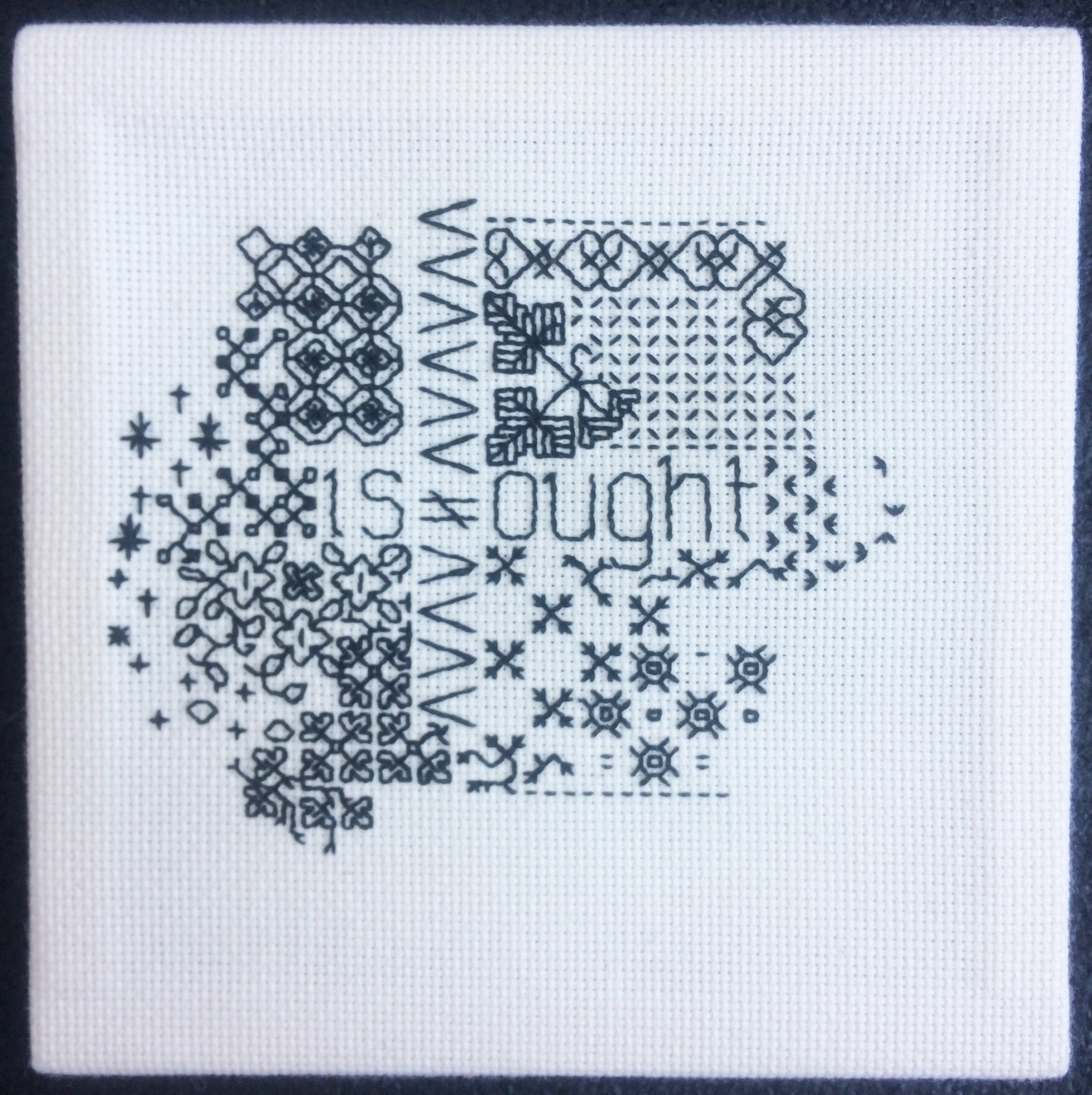Essay on Politics
by Kascha Semonovitch
Politics is remote. I want to reach it, but I can’t see it. I can’t see where it goes on. I do hear of it. And when I do, I hear Greeks talking, saying the same things, saying them more beautifully. Kalon. Beautiful and fair. “Last of all comes the tyrannical man; about whom we have once more to ask, how is he formed out of the democratical? and how does he live, in happiness or in misery?” Socrates asks Adeimantus not only how does the tyrant arise—the answer is from the demos—but how will he live? Will the tyrant suffer from his tyranny? The answer seems an obvious yes given what has been said up to this point in the book—though not at all obvious, ob-vious, from life—but they, interlocutors, arrive at it circuitously as usual. The path involves dividing the tyrant into the private and public tyrant and considering the experiences of both. So first, we discover that the private tyrant—one whose life is run by the tyranny of emotion—will suffer. But greater still will be the suffering of the public tyrant, one who carries his tyranny into ruling others: “…will not he be yet more miserable when, instead of leading a private life, he is constrained by fortune to be a public tyrant?” Yes, yes, they agree. He will be more miserable. And in his misery, he will bring suffering.
I turn to The Republic because why not? Only such a distant, Greek, translated mirror could show anything. Politics, you see, is remote. Removed from me. An image once, twice, three times removed, a figment of a reflection of a picture of another world. A Bruegel painting reflected in a lake in strong light and wind so I can hardly see the original let alone judge it. Let alone use it as a guide.
How could I paint it? What does that image know of me? Do we share any features? How can I raise my hand to it, alter it? The oil in the paint is dry, fixed. I’ll probably just turn to the wind over the lake.
The Republic ends with a beautiful image. Socrates turns the earth inside out and climbs down in. He crosses over and out. The beautiful, educated people join hands. Socrates is dead.
KASCHA SEMONOVITCH holds a PhD in philosophy from Boston College and an MFA in poetry from Warren Wilson College and a great deal of undocumented experience in motherhood, love and travel. Her poems and essays have appeared in Zyzzyva, The Crab Creek Review, The Colorado Review, The Southern Review, The Kenyon Review, among others, and in the chapbook Genesis by Dancing Girl Press. She has received fellowships at the MacDowell Colony and the Ucross Foundation. She has taught philosophy at Seattle University and Boston College, edited two collections of philosophical essays, and published numerous essays on early twentieth century thought, most recently “Attention and Expression,” in Simone Weil and Continental Philosophy.
